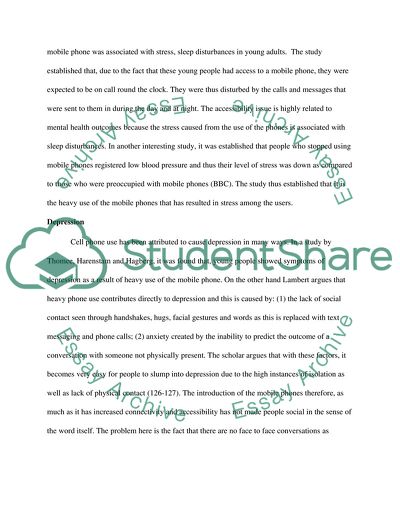Cite this document
(“The Negative Psychological Impacts of Electronic Research Paper”, n.d.)
The Negative Psychological Impacts of Electronic Research Paper. Retrieved from https://studentshare.org/psychology/1605802-the-negative-psychological-impacts-of-electronic
The Negative Psychological Impacts of Electronic Research Paper. Retrieved from https://studentshare.org/psychology/1605802-the-negative-psychological-impacts-of-electronic
(The Negative Psychological Impacts of Electronic Research Paper)
The Negative Psychological Impacts of Electronic Research Paper. https://studentshare.org/psychology/1605802-the-negative-psychological-impacts-of-electronic.
The Negative Psychological Impacts of Electronic Research Paper. https://studentshare.org/psychology/1605802-the-negative-psychological-impacts-of-electronic.
“The Negative Psychological Impacts of Electronic Research Paper”, n.d. https://studentshare.org/psychology/1605802-the-negative-psychological-impacts-of-electronic.


